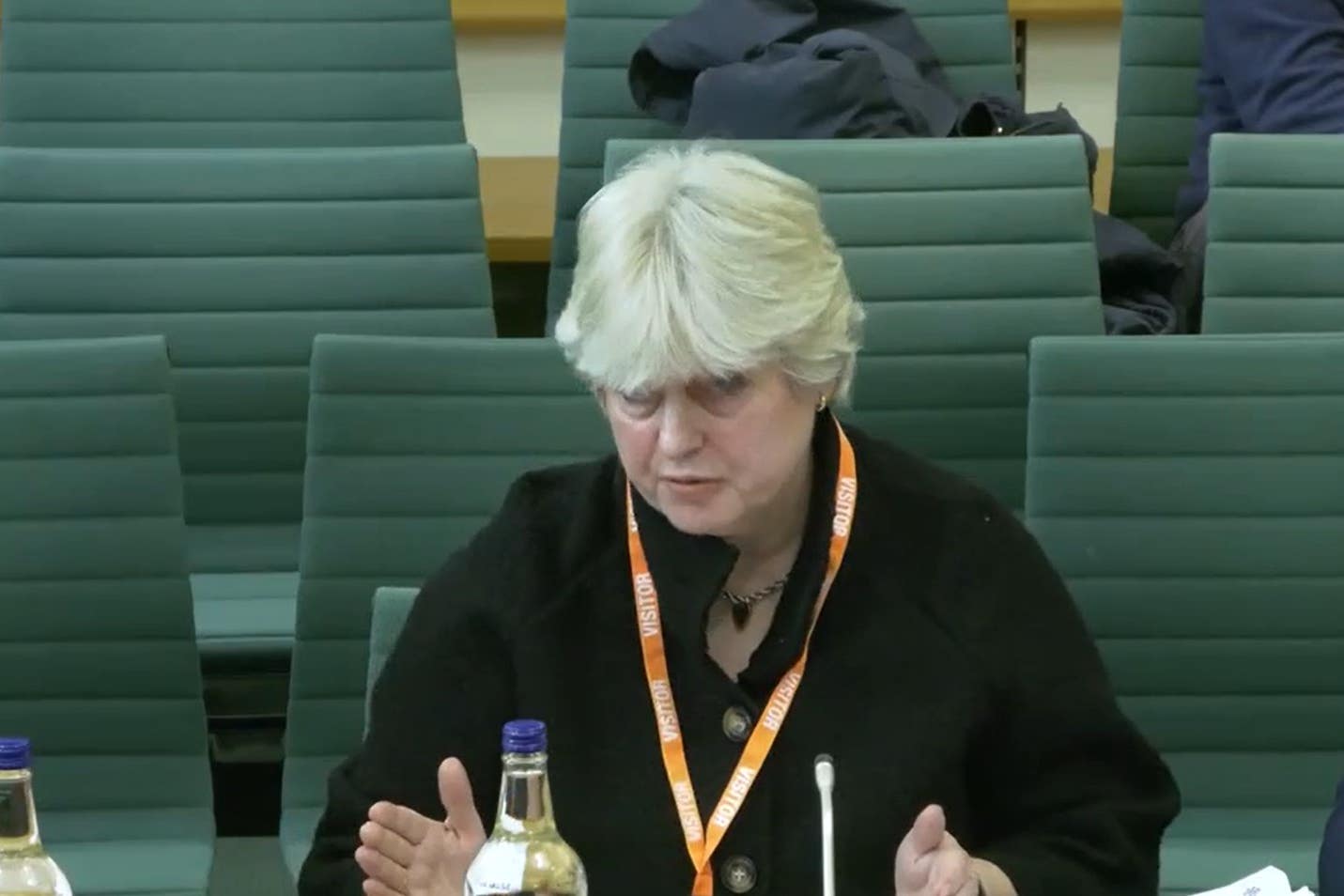Cutting finance red tape in pursuit of growth poses ‘top risk’ to consumers
Consumer groups warned MPs that a push for regulators to prioritise economic growth could do more harm than good for ordinary people.

Attempts to make financial watchdogs prioritise economic growth could hurt consumers, MPs have heard, weeks after the Chancellor vowed to cut red tape to spur investment.
Helen Charlton, chair of the Financial Services Consumer Panel (FSCP), said a push for growth from regulators poses “a top risk to consumers”.
The Financial Conduct Authority (FCA) has come under increasing pressure to impose fewer and less strict rules on firms, which some people see as an impediment to growth.
Chancellor Rachel Reeves recently promised to rip up financial red tape, arguing that regulatory changes following the 2008 economic crash have “gone too far”.
She said in November that measures brought in since the crisis to “eliminate risk” have had “unintended consequences” in holding back growth.
But consumer groups warned on Tuesday that prioritising growth could do more harm than good for ordinary people.
Ms Charlton, whose panel provides advice to the FCA, was speaking to the Treasury Select Committee of MPs.
She said her panel, which is independent of the FCA, is “constantly” telling the regulator “to remember that consumer protection is a primary objective”.
Ms Charlton said: “This should help growth. It’s not an anti-growth point.”
She added that “loose language around balancing and trade-offs” between consumer protection and encouraging investment is “really very damaging”.
Mick McAteer, co-director of consumer group the Financial Inclusion Centre, added that he had “never felt in the past that the Government was overly influencing the direction of regulators”.
But he added that prioritising growth, which is currently listed as a secondary goal of the FCA, is now “in danger of becoming almost like a de facto primary objective.”
Mr McAteer pointed to recent moves to water down regulation for insurance firms and on push payment fraud, among others, saying: “All of these things are building up.”
He added: “It feels now that in every sector, every sub-sector… this secondary growth objective is really starting to impinge on the freedom of the supposedly objective financial regulator.”
Mr McAteer said: “It isn’t just the FCA that’s under pressure, here.”
Ms Charlton and Mr McAteer’s comments came after financial trade bodies told the same committee of MPs that watchdogs should ease regulations.
Miles Celic, chief of industry group TheCityUK, said financial regulation is “all downside risk” and that officials should stop regulating “for risk and not for growth”.
He added that the Government’s plan to make the UK economy grow faster “is going to be impossible without the regulators leaning in behind it”.
Bookmark popover
Removed from bookmarks